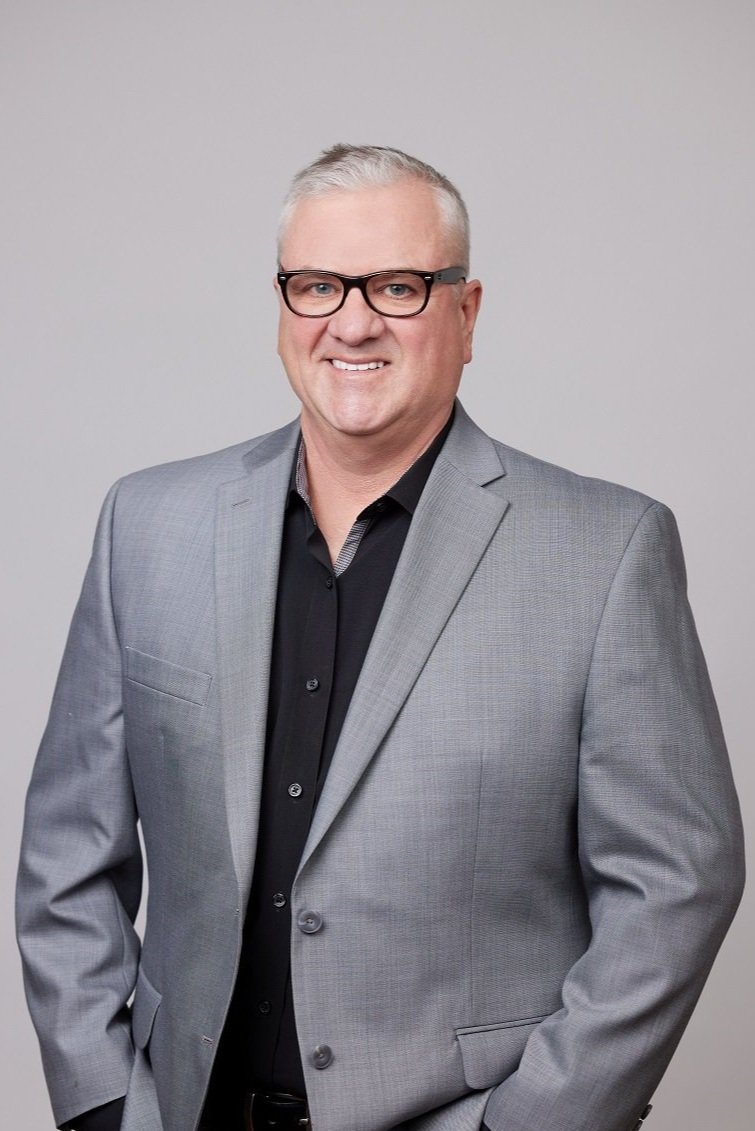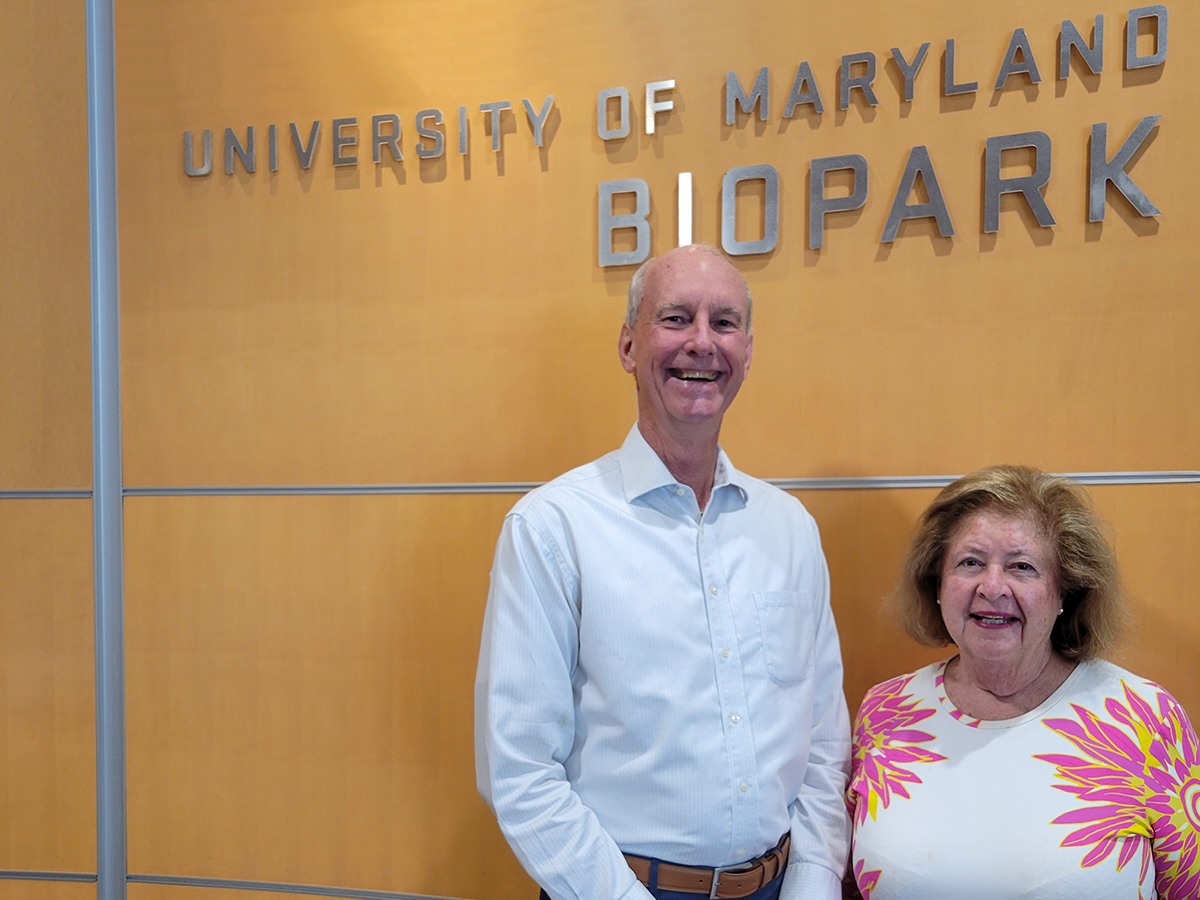Strovel entered his first meeting with the University of Maryland (UM) BioPark CEO Roundtable unsure of whether it would be a worthwhile experience. That skepticism disappeared once he realized his fellow roundtable participants had been correct to urge him to pay the fee, with the goal of maintaining his long-term relationship with the recruiter. He followed through — and the relationship continues to thrive.
That’s the promise of the UM BioPark CEO Roundtable, a monthly forum where a cohort of company leaders can discuss issues that impact their business, as well as issues facing the biotech and life sciences industries region-wide.

“It’s a little different than going to a seminar and listening to ‘experts’ talk to you from soft chairs on a slightly elevated stage,” said UM BioPark Executive Director Jane Shaab. “That’s not what this is. It’s just a different nature of conversation and an environment primed for building more intimate relationships with peers. You wouldn’t come back if you didn’t have trust and an affinity for the others who are in the room with you.”
These confidential two-hour meetings — held in the BioPark’s Life Sciences Conference Center — include handpicked CEOs at varying stages of their careers. Having a mix of early-stage and seasoned executives creates an environment where the two groups can learn from each other, said roundtable chair Ted Olsen.
The main requirements for prospective participants, he said, are just to be open-minded and receptive to honest feedback.
When Olsen brought his pathogen testing company PathSensors to the BioPark in 2010, he was part of an informal group of CEOs who met on occasion at bars to discuss the state of their companies, talk about shifts in the biotech industry, and share a safe space to connect and relax. Reflecting on those experiences inspired him to approach Shaab last summer about making it into something official.
“Jane and I had the conversation like, ‘This is a missing piece of the puzzle. It could be a really good way to help nurture Baltimore’s life science and biotech community and help CEOs who’ve never done it before,” said Olsen.
‘No one can understand it unless they’ve done it’
The roundtable has added 13 members since launching in December. In addition to acting as chairperson, Olsen serves as forum moderator, and helps keep the discussions on track.
Each meeting starts off with an agenda topic for the day, typically something related to learning how to make a company successful. Each CEO then provides an update about their company, and the floor is opened to discuss any challenges the group wants to discuss.
Most biotech CEOs come from a technical background, per Olsen, so this program offers a chance for them to learn the ins and outs of the business side of things: setting up a company, implementing systems, contracting suppliers, and managing finances.
“You have access to the skills that people have developed, without having to do it as a trial and error experiential learning for yourself,” Olsen said. “The CEO has to be willing to reach out to people for help with things that they don’t know.”
The forums are more than simply a knowledge exchange — they can be therapeutic. Being the leader of a startup comes with unique challenges, from learning how to raise money to maintaining a brave face while staring down an uncertain future. It’s helpful to talk with others facing similar challenges.
“No one can understand it unless they’ve done it,” said Strovel, of Irazú Oncology. “So, it becomes a little isolating at times, which is why it’s great to have CEO forums. Even if someone wants complain to you for 45 minutes, that’s fine because they can’t really do it anywhere else.”
Strovel views the CEO position as a “service job” that functions at the behest of everyone else in the company. He contends that a CEO’s top priority is making sure others are performing to their greatest ability.
“The best CEOs don’t put themselves first and foremost above the company or the people,” he said. “You have to be able to communicate well to a diverse audience. And you’re doing all this while juggling a lot of things that a lot of people aren’t aware of.”
More roundtables are in the works
A primary stressor for many CEOs is raising money, which is especially difficult right now as capital markets continue to tighten and interest rates remain elevated amid the Federal Reserve’s ongoing battle with inflation.
On top of that, CEOs must keep up with trends to guide their companies forward. For example, they need to consider how the massive technological shift brought on by generative artificial intelligence and large language models might affect biotech and business.
The roundtable serves as a conduit for experienced and junior CEOs to share information with each other in order to understand how to navigate these pressing matters.
“The experienced people get the benefit of new stuff from the less experienced people, and the less experienced people get a fountain of knowledge that they can draw on from the senior folks,” Olsen said. “You have a very broad ranging conversation. When you put these different skill sets together, it makes for a really rich environment.”
The BioPark and Olsen plan to assess the roundtable structure in December to determine if multiple forums should be offered. Per Shaab, the BioPark executive director, the program would likely expand when the 4MLK building opens in October.

One idea under consideration is roundtables for tenants of Connect Labs Baltimore — a flexible, scale-in-place lab and innovation infrastructure for emerging and growth companies that will occupy the third floor in 4MLK. Offering multiple roundtables would allow CEOs with specializations like therapeutics, medical devices, or drugs to interact with one another rather than be all grouped together.
The hope, Shaab said, is that “they become more successful, stronger leaders of their organizations, and that the companies grow and succeed because of what they’ve learned from one another.”







